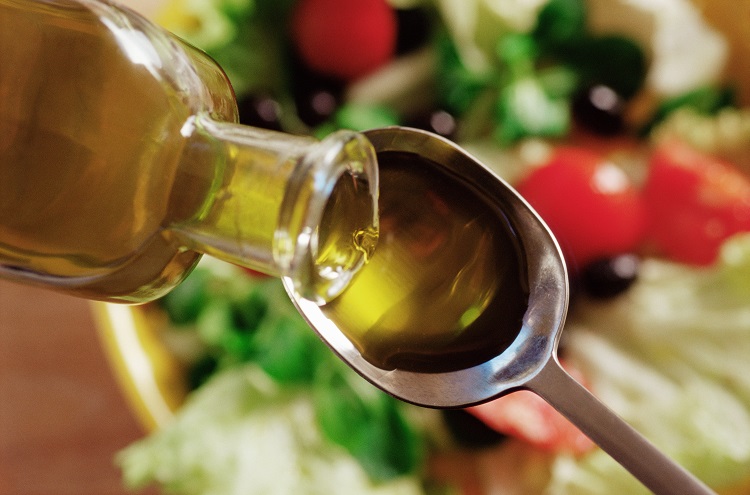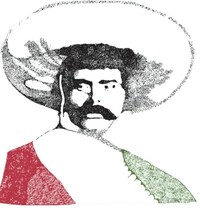
In Europe, olive oil fraud has increased this year.
According to data from the European Commission, the number of EU cross-border notifications for this ingredient reached 50 in the first quarter of 2018. This includes incidents of mislabelling and fraud, as well as food safety issues. The number of EU cross-border notifications for the ingredient, which includes incidents of mislabelling, potential fraud and food safety issues, reached 50 in the first three months of this year. This is according to data released by the European Commission under freedom of information laws.
Fake olive oil has also been the subject of several high-profile arrests.
In July, the Portuguese Food and Economic Safety Authority seized more than €57,000 worth of cooking oils during a raid on a refinery in Torres Novas (central Portugal), suspected of being sold as olive oil. Authorities actually seized 177,690 labels mentioning olive oil during the same raid.
Puglia police seized tons of fake oil earlier this month. Authorities say seven people are accused of criminal conspiracy in connection with the seizure. About 42 tons were already packaged and ready to be sold, while the rest was ready for distribution.
“Excessive” fraud
Eurof Uppington says the recent increase in olive oil fraud and mislabelling is a reflection of the reduced supply on the world market. Amfora imports extra virgin olive oils from Switzerland. He says that while fraud is a constant, it has increased due to rising prices and reduced supply.
According to the International Olive Council (IOC), Spain will produce 44 billion tonnes of all oil in 2021 and account for 59 billion tonnes of international sales. Much of this production is in Andalusia, a southern agricultural region. In 2022, the region was hit by record temperatures, followed by an unexpected drought and extreme flooding. Uppington says two consecutive bad harvests have not happened in the last 30 years. This has led to a massive drop in stocks worldwide and massive price increases. 9.20 euros per kgIn January, fraudsters will reap bigger rewards.
Olive oil adulteration can take many forms. Recent raids on two southern European olive oil producers appear to have been the work of criminals mixing other colouring agents into extra virgin olive oil, Uppington said.
Adulteration is also more subtle and harder to detect. Some companies mix extra virgin olive oils with refined oils, lower quality oils, or even with other oils. lampHe believes that (lamp oil), to meet orders. Walter Zanre UK CEO Filippo Berio spoke of a general deterioration in quality in supermarkets. Taste defects have been detected in competing products, meaning they should not be labelled EVOO. “Sometimes we don’t feel like we’re on a level playing field because we know that some bottlers are using oils that don’t meet the requirements of EVOO.” He said.
Zero tolerance
Dean Harper, director and chef of Harper Fine Dining, says the damage caused by olive oil fraud is multifaceted. It deceives customers who think they are buying high-quality products. Fraud also damages the reputation of authentic producers and threatens the livelihoods of businesses that operate honestly.
The health consequences of fraudulently obtained olive oils, often containing inferior oils or harmful chemicals, are significant. Many people have become jaded with the olive oil supply chain.
Corey Nelson is the director of innovation for the Seed Oil Free Alliance. He agrees that research suggests that consumers may be less likely to pay higher prices when they are aware of food fraud. The lack of transparency and regulatory oversight in this area has created a climate ripe for fraud. This, unfortunately for the olive industry, can be seen as a tragedy. Perhaps both of these problems could be solved with increased monitoring, reporting and transparency.
It was noted that the European Agri-Food Fraud Network has contributed to filling information gaps and combating cross-border fraud in an organised and coordinated manner.
Uppington and other high-end producers have an unexpected advantage. He says restaurants, which are concerned about the increasing adulteration of olive oil products, have become more aware of our safety and transparency. They know where the oil comes from. We have the certificates and all the lab tests. We can be trusted to sell quality products.

